
Dick Cheney's Vision Of Presidential Power Culminates In Trump
But Cheney's legacy, after his death on November 3, 2025, will also include a crucial development that dates back a half-century, when he served as President Gerald Ford's chief of staff.
Based on his experience in the Ford administration, Cheney felt that Congress had overreacted in its efforts to rein in the presidency after the abuses of President Richard Nixon. He thought that the assertive Congress of the 1970s had gone too far and had emasculated the presidency, making it nearly impossible for the president to get things done.
As Cheney told an interviewer in 2005:“I do have the view that over the years there had been an erosion of presidential power and authority, that it's reflected in a number of developments – the War Powers Act.... I am one of those who believe that was an infringement upon the authority of the President.... A lot of the things around Watergate and Vietnam, both, in the '70s served to erode the authority, I think, the President needs to be effective especially in a national security area.”
Cheney's experience in the Ford years set in place a decades-long effort to enhance presidential power, to reinvigorate an office that he believed Congress had wrongly diminished. When Bush surprisingly picked Cheney to be his vice president in July 2000, Cheney finally had a chance to right that perceived wrong.
Bush was happy to expand his own power, and the Bush administration made bold assertions of presidential power in a variety of areas. In many instances, Bush and others sought to justify his actions by invoking the unitary executive theory, a conservative thesis that calls for total presidential control over the entire executive branch.
Now, nearly two decades later, President Donald Trump is using this theory to push his agenda. He set the tone for his second term by issuing 26 executive orders, four proclamations and 12 memorandums on his first day back in office. The barrage of unilateral presidential actions has not yet let up.
These have included Trump's efforts to remove thousands of government workers and fire several prominent officials, such as members of the Corporation for Public Broadcasting and the chair of the Commission on Civil Rights. He has also attempted to shut down entire agencies, such as the Department of Education and the US Agency for International Development.
For some scholars, these actions appear rooted in the psychology of an unrestrained politician with an overdeveloped ego.
But it's more than that. As a political science scholar who studies presidential power, I believe Trump's recent actions mark the culmination of the unitary executive theory, which is perhaps the most contentious and consequential constitutional theory of the past several decades.

Legal Disclaimer:
MENAFN provides the
information “as is” without warranty of any kind. We do not accept
any responsibility or liability for the accuracy, content, images,
videos, licenses, completeness, legality, or reliability of the information
contained in this article. If you have any complaints or copyright
issues related to this article, kindly contact the provider above.

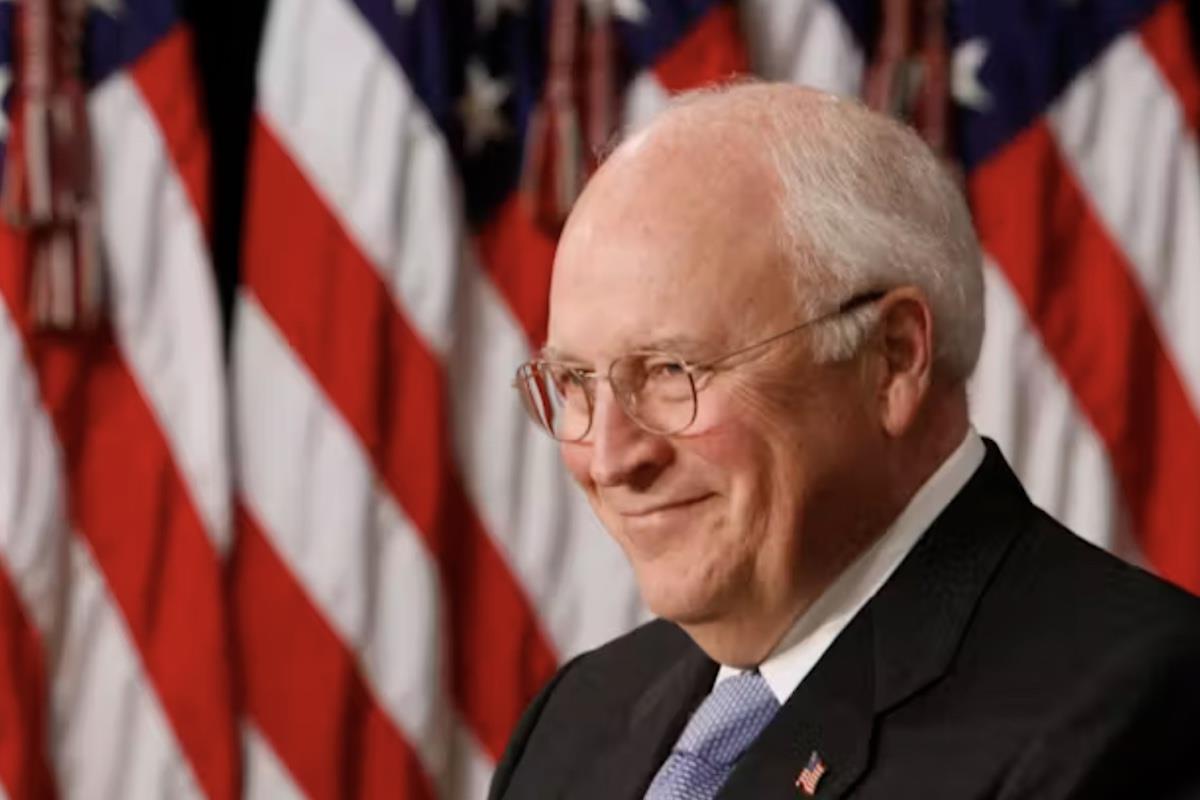
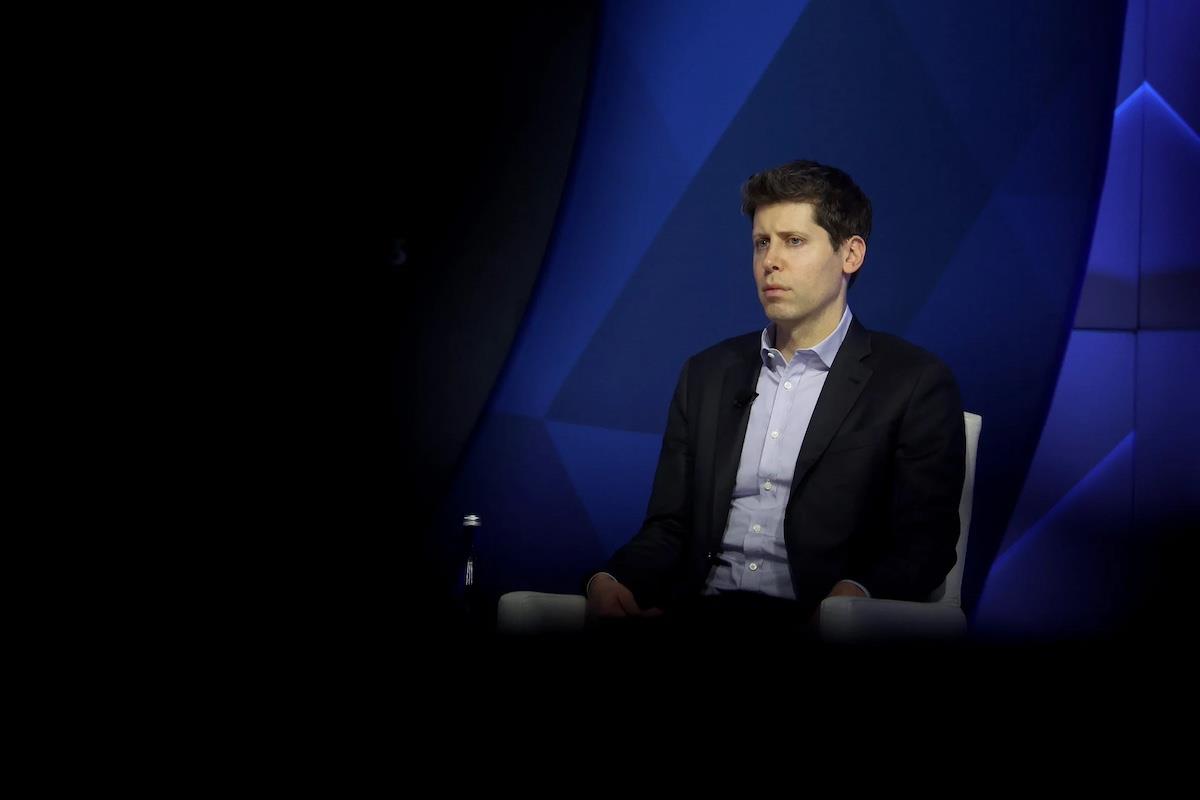
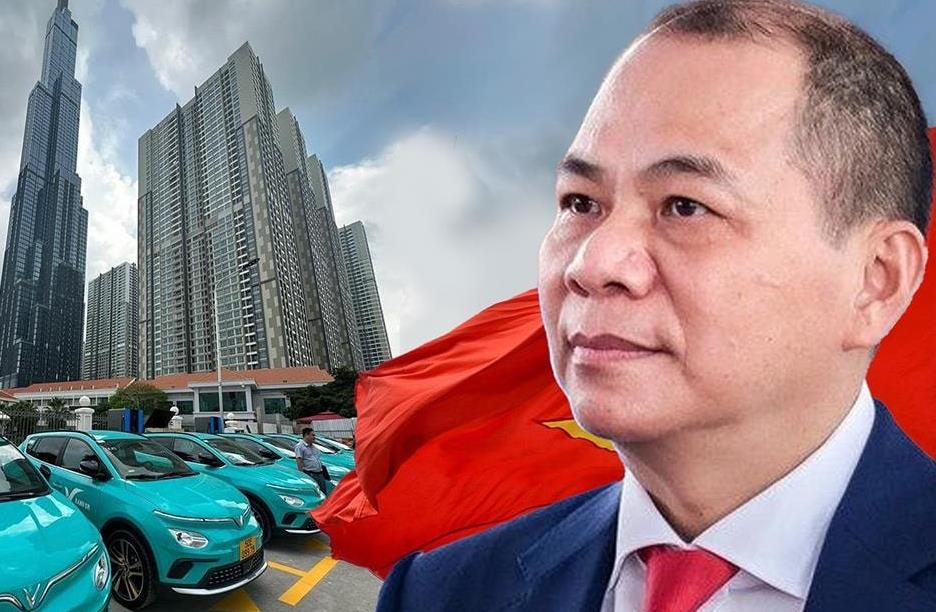
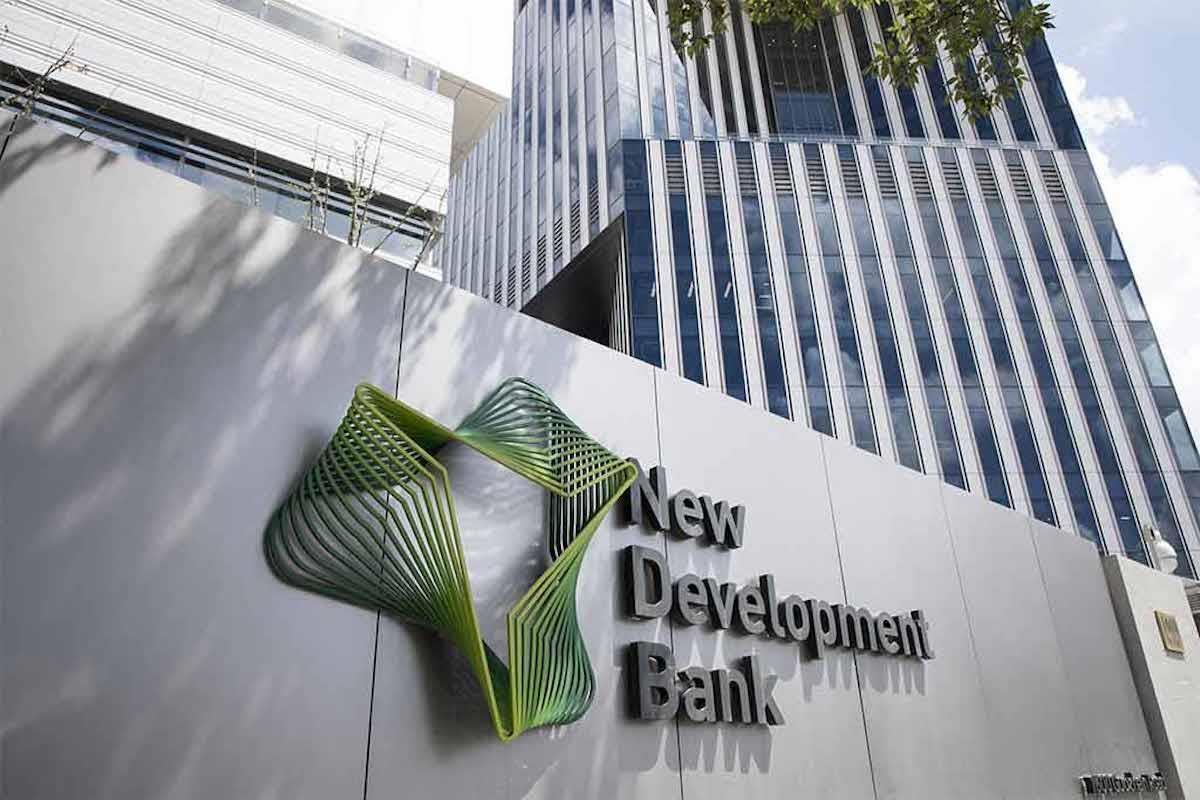
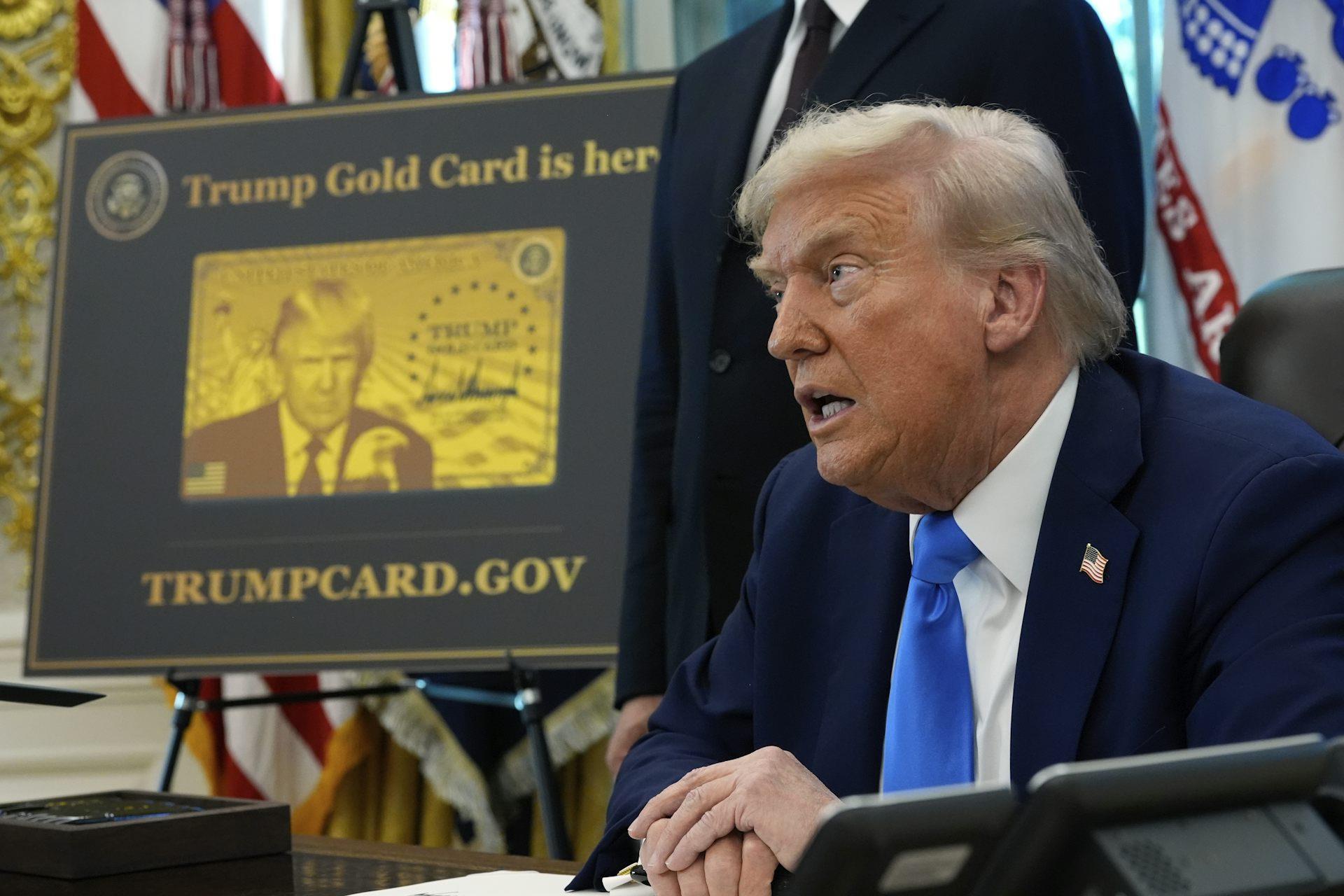
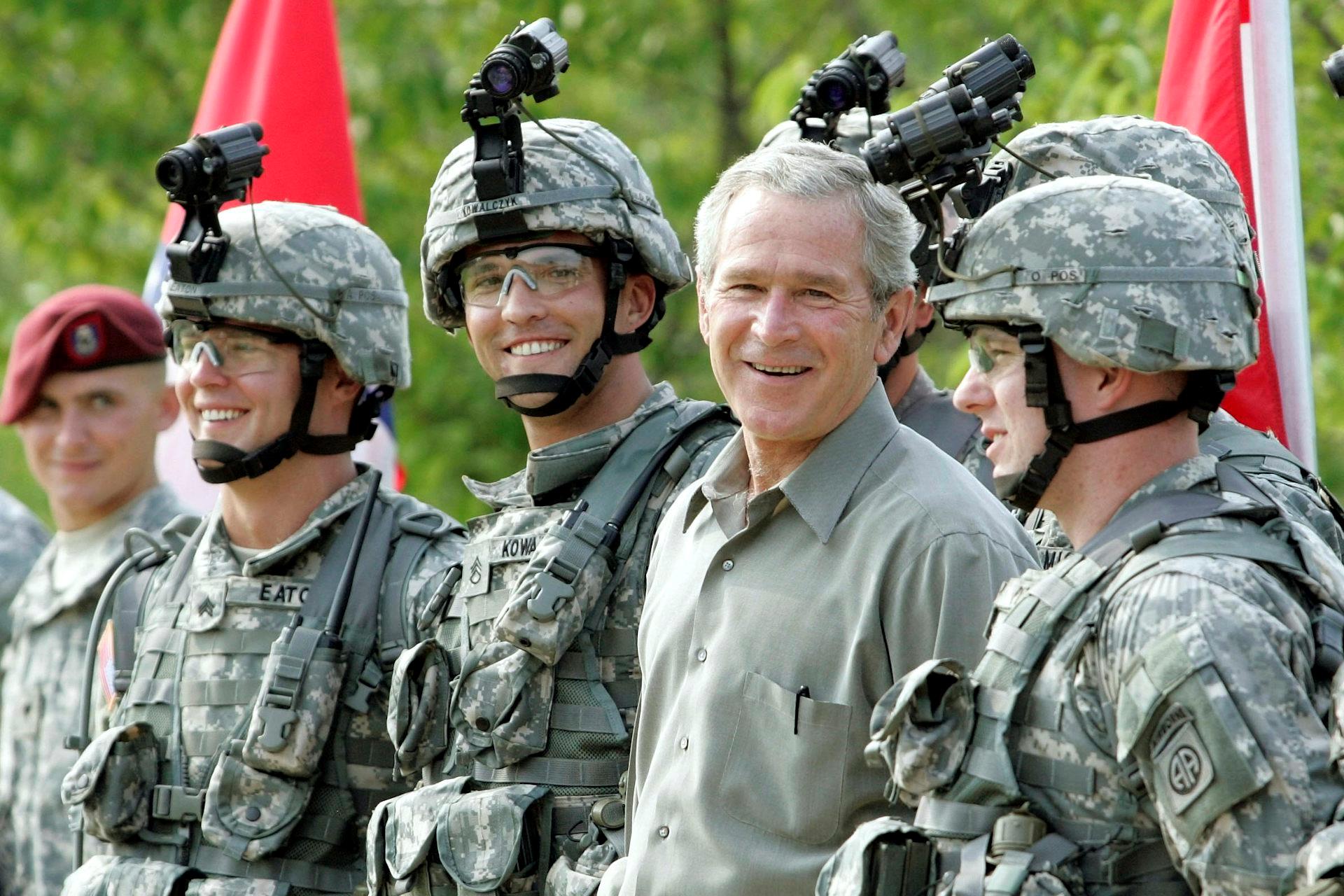

















Comments
No comment